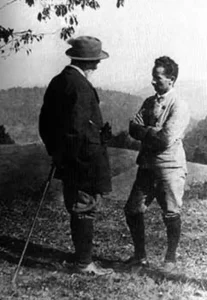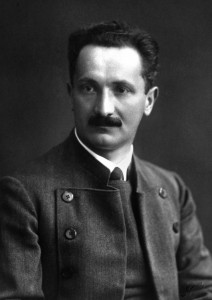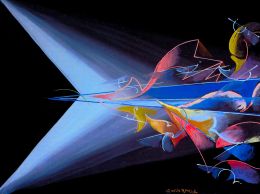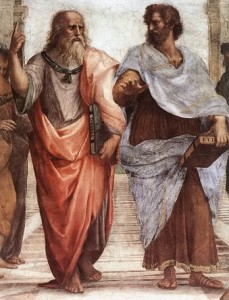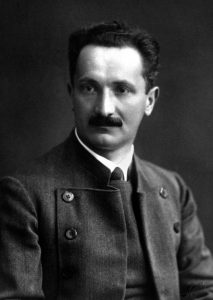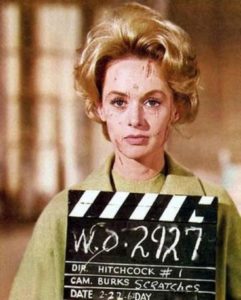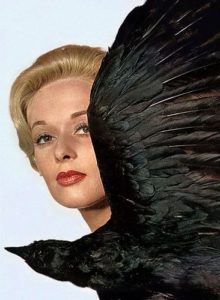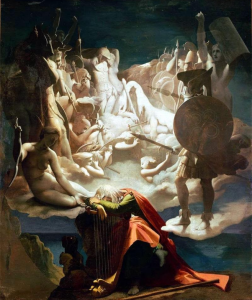1,353 words
In my “Notes on Strauss and Husserl,” I discuss the following passage from Leo Strauss’ Natural Right and History:
To grasp the natural world as a world that is radically prescientific or prephilosophic, one has to go back behind the first emergence of science or philosophy. It is not necessary for this purpose to engage in extensive and necessarily hypothetical anthropological studies. The information that classical philosophy supplies about its origins suffices . . . (more…)
